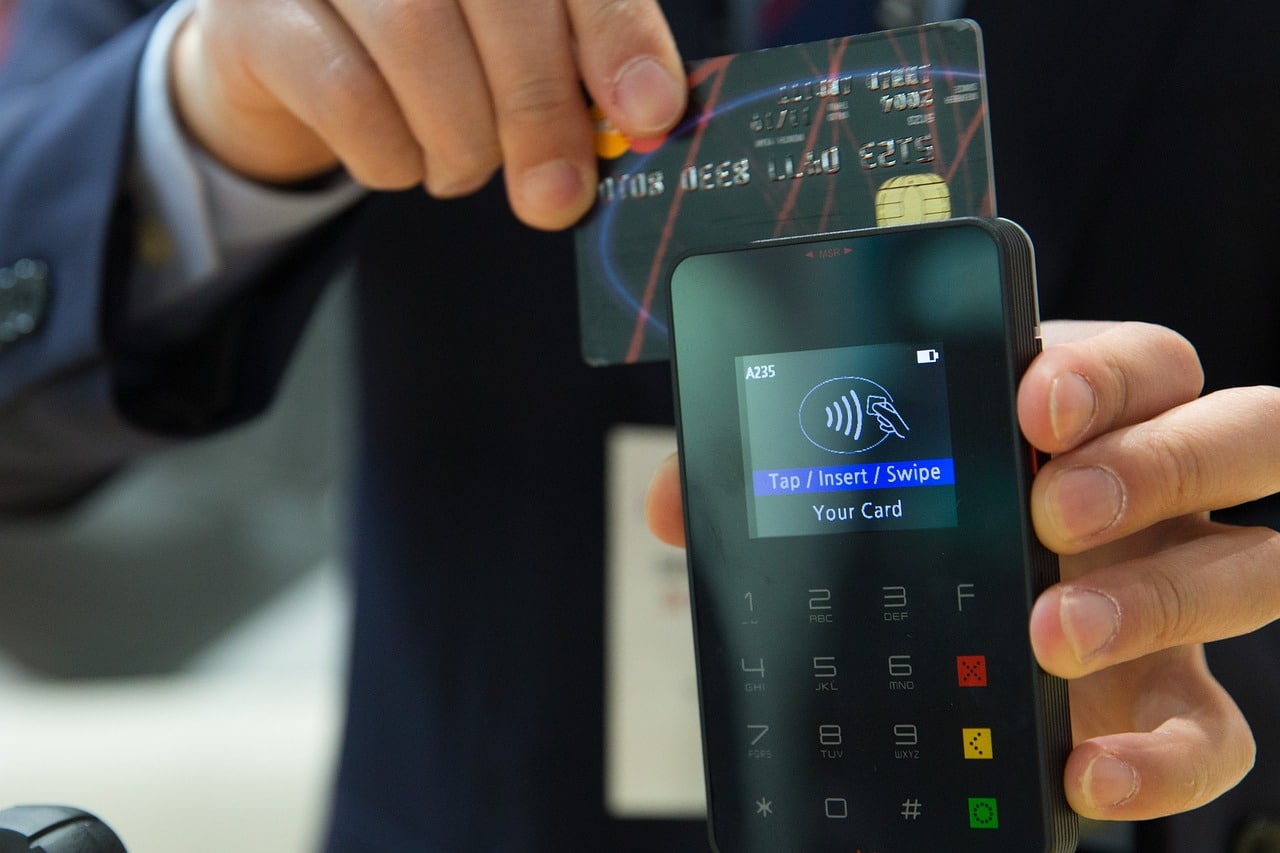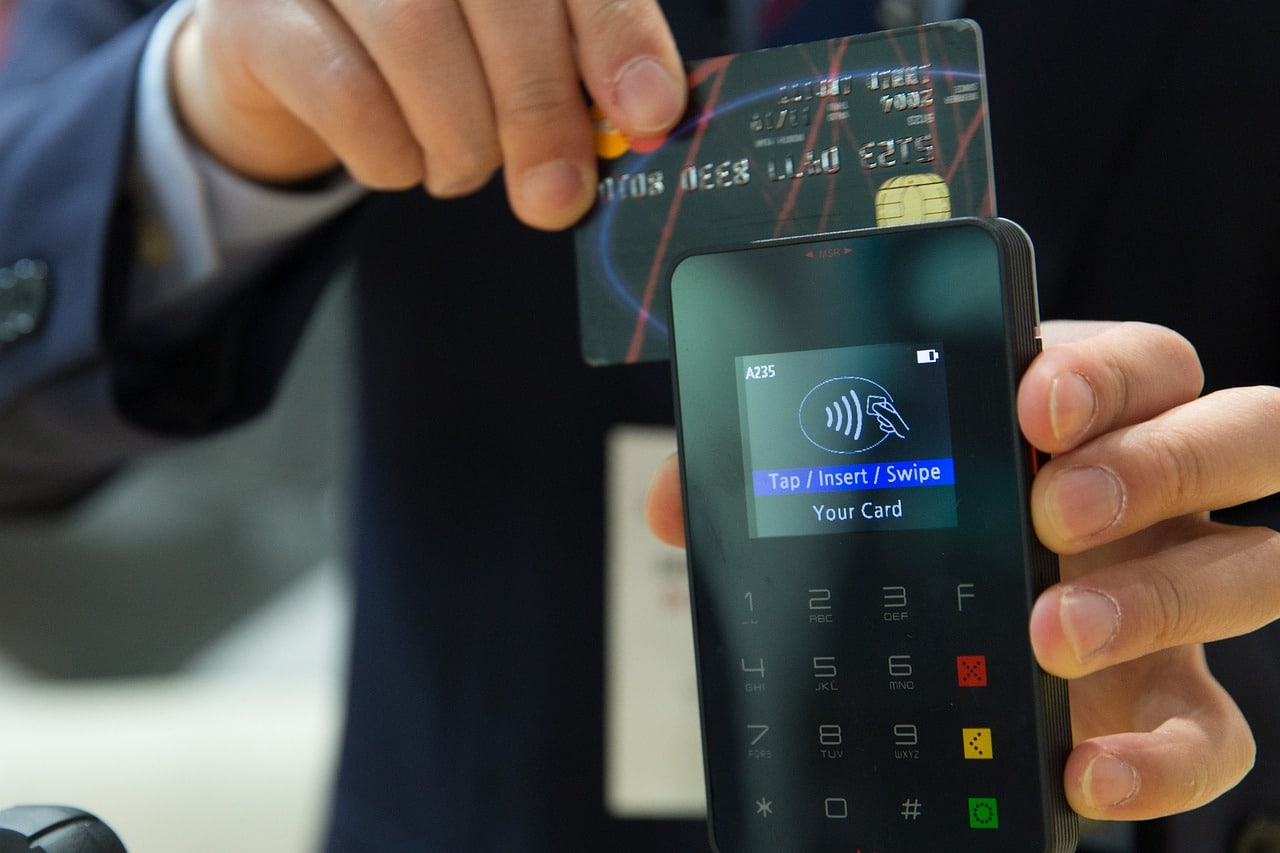BloXroute To Reject All OFAC-listed Transactions, Sparks Censorship Debate


BloXroute, a blockchain infrastructure company offering DeFi tools, has announced that its relays will begin declining transactions that include addresses listed under U.S. sanctions.
“Effective immediately, all bloXroute relays will reject block bids if they contain OFAC transactions (Tx which interact with addresses appearing on the OFAC SDN list),” bloXroute wrote Monday on X. “We look forward to seeing this having no effect except reducing our own win-rate.”
BloXroute asserted that its implementation of transaction censorship should not impact Ethereum’s fundamental characteristics of being “unstoppable, permissionless, and anti-fragile.”
“Because it’s [Ethereum] decentralized and globally distributed, and not easily affected by any single entity, even if it has the best networking tech,” the company noted.
The announcement did not go down well with many in the crypto community, with bloXroute facing criticism from some commentators on X.
One user named Egor Egorov expressed skepticism, stating, “It’s either ‘committed to supporting ETH’ or ‘maintaining compliance.’ Can’t have both.” Another user, Marius Kjærstad, questioned whether the decision to reject certain transactions was a result of self-censorship or external pressure from regulatory authorities, asking, “Are you self-censoring or did the state come knocking?”
Nikita Zhavoronkov, lead developer of the blockchain explorer Blockchair, views bloXroute’s announcement as indicative of a broader trend.
“While bloXroute is neither a miner nor a validator, this is the first case of someone rejecting whole blocks containing sanctioned addresses,” Zhavoronkov wrote on X. “Previous cases were all about not including transactions into block templates.”
Zhavoronkov cautioned that if a significant number of validators adopt this trend, it could result in a sort of “51% attack” on Bitcoin and Ethereum. He noted that miners who don’t follow the OFAC list could see their blocks get rejected and run out of business.
He also pointed out that with the increasing involvement of ETFs and institutions like BlackRock in the crypto space, major cryptocurrencies, including Bitcoin, are aligning more closely with compliance and Know Your Customer requirements. This, according to Zhavoronkov, may lead to more mining pools adhering to regulatory rules in the future.
BloXroute’s announcement sets a concerning precedent for the industry, Labry’s CEO Lachlan Feeney told Cointelegraph.
“Like the internet, censorship should be avoided [at the protocol level], and instead, rules and regulations are best applied at the application level,” Feeney explained.
Feeney expressed concern that, given Ethereum’s global nature, the enforcement of sanctions by various countries could pose challenges, as it may become increasingly difficult to construct a block that aligns with all the diverse regulatory regimes worldwide. This potential complexity could impact the seamless functioning of Ethereum’s global infrastructure.
“What happens when China or Russia wants transactions sanctioned? Should these sanctions be applied also, even if they are sanctioning legitimate U.S. businesses?” Feeney said.




